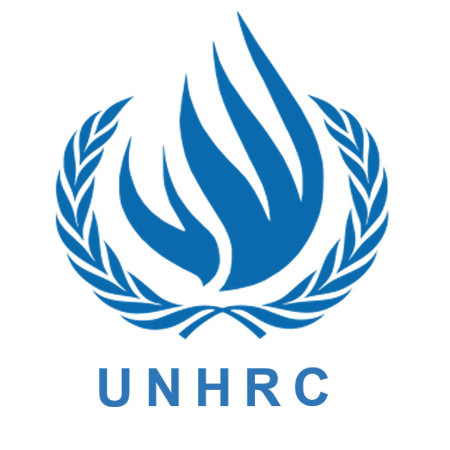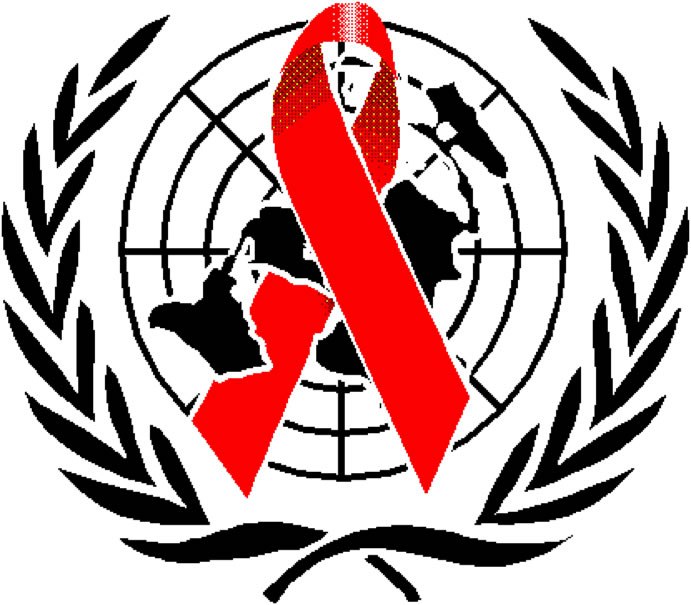U.N. agencies object to Uganda’s new anti-gay bill
Colin Stewart is a 45-year journalism veteran living in Southern…
The two United Nations agencies combating AIDS and human rights violations have raised strong objections to Uganda’s newly passed anti-gay bill.

The bill, which currently awaits action by Ugandan President Yoweri Museveni, “raises serious human rights concerns,” stated the Office of the UN High Commissioner for Human Rights
“I am deeply troubled [about] portions of this bill that further criminalize and marginalize vulnerable groups of fellow citizens and deny them their human rights, including their right to health,” said UNAIDS Executive Director Winnie Byanyima, who is Ugandan. “Targeting people living with HIV, lesbian, gay, bisexual and transgender communities and sex workers increases stigma and discrimination and undermines the HIV response by preventing people from receiving the HIV treatment, prevention and care services that they so urgently need.”
The statements from the UN High Commissioner for Human Rights and from the Joint United Nations Programme on HIV/AIDS (UNAIDS) about the Sexual Offences Bill 2019 are reprinted below.
UN High Commissioner for Human Rights
Press briefing notes on Uganda
Spokesperson for the UN High Commissioner for Human Rights: Rupert Colville
Location: Geneva
Date: 7 May 2021

The decision this week by the Ugandan Parliament to pass a wide-ranging sexual offences bill that enshrines the criminalisation of consensual same-sex relations, sex work and those living with HIV is deeply troubling.
While we note efforts to tackle sexual violence overall, including by enhancing punishments for sex offenders and strengthening protection for victims during trials, the Sexual Offences Act raises serious human rights concerns.
Although the punishment for engaging in consensual same sex relations has been reduced to 10 years in jail instead of life imprisonment, the fact remains that such relations are still criminalised. Stigma, discrimination and violence against people based on their sexual orientation and gender identity are already widespread in the country, and often committed with impunity given that victims are frequently too afraid to report any attack against them.
We are alarmed that certain offences in the Act include mandatory and forced HIV testing of defendants and treat HIV status as an aggravating factor when a person is accused of specific sexual offences.
Such provisions violate Uganda’s human rights obligations and risk undermining public health, leaving people afraid to come forward for essential testing and treatment, and so affecting critical HIV prevention and treatment efforts. They also risk further fuelling the spread of HIV in Uganda and sub-Saharan Africa.
We are also deeply concerned that the Act prescribes the death penalty for certain offences, including what is termed “aggravated rape”. The application of the death penalty to crimes, including sexual offences that do not involve intentional killing, is a violation of the right to life and of Uganda’s treaty obligations.
The definitions of rape and consent in the Act are also deeply troubling. An important clause that recognised a person can withdraw consent before or during sex was deleted after Members of Parliament failed to reach agreement. The Act also criminalises people for procuring sex, which can drive sex workers underground and significantly increase risks they face.
We urge Uganda to amend provisions that do not conform to international human rights norms and standards, to decriminalize consensual same-sex relations in all legislation and to combat violence, discrimination and stigma against people living with HIV/AIDS, sex workers and against lesbian, gay, bisexual and transgender people.
We further call for a legal framework that can support victim-centred approaches in the investigations and prosecution of sexual violence, including rape, in compliance with international law and standards.
UNAIDS
UNAIDS condemns new law that further criminalizes and marginalizes vulnerable groups of people in Uganda

GENEVA, 6 May 2021— UNAIDS is deeply concerned by the Ugandan parliament’s decision earlier this week to adopt the Sexual Offences Bill 2019, which includes provisions that further criminalize entire groups of people, such as the lesbian, gay, bisexual and transgender community, sex workers and people living with HIV. The bill criminalizes same-sex sexual relations, extends the criminalization of sex work and imposes mandatory testing for HIV and harsher sentences on people living with HIV than the general population accused of some similar crimes.
Although UNAIDS welcomes some aspects of the bill, such as the extension of protection from sexual harassment, violence and sexual exploitation to groups of people such as people in detention and migrant workers, it urges parliamentarians to reconsider the provisions that discriminate against some people.
“I am deeply troubled by the Ugandan parliament’s adoption of portions of this bill that further criminalize and marginalize vulnerable groups of fellow citizens and deny them their human rights, including their right to health,” said UNAIDS Executive Director, Winnie Byanyima. “Targeting people living with HIV, lesbian, gay, bisexual and transgender communities and sex workers increases stigma and discrimination and undermines the HIV response by preventing people from receiving the HIV treatment, prevention and care services that they so urgently need.”
UNAIDS recognizes the good progress that Uganda has made in recent years in reducing the impact of HIV. The number of AIDS-related deaths has fallen by 60% since 2010, with 1.2 million people out of 1.5 million people living with HIV on medicines to keep them alive and well. In addition, the number of new HIV infections has fallen by 43% since 2010. However, many vulnerable groups of people, such as gay men and other men who have sex with men and sex workers, continue to be less likely than the general population to receive the HIV treatment, prevention and care services they need.
UNAIDS urges Uganda to join the growing number of countries in Africa and globally that are removing unjust laws from their penal codes. The Ugandan parliament’s adoption of the new law comes just weeks before the United Nations General Assembly High-Level Meeting on AIDS, which will take place from 8 to 10 June 2021.
Related articles:
Convicted homosexuals to be included in Uganda sex offender registry (May 7, 2021, 76crimes.com)
Uganda gay activists urge president to reject new anti-gay bill (May 5, 2021, 76crimes.com)
Parliament of Uganda passes new anti-gay bill (May 4, 2021, 76crimes.com)




